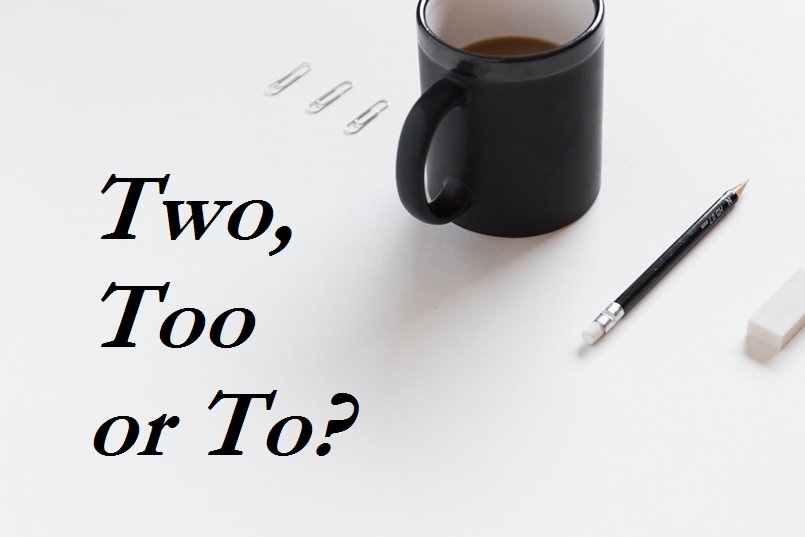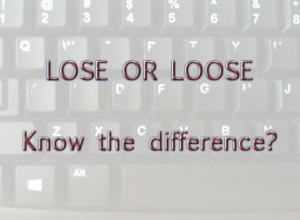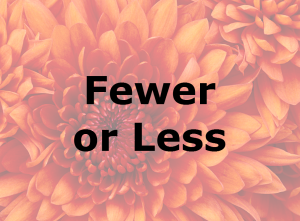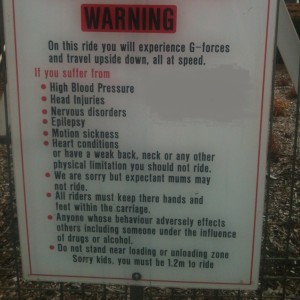Some time ago, a friend told me they often have problems knowing when to use ‘too’ and when to use ‘to’. They understand they have different meanings and acknowledge they are very different words—the problem is, they still struggle with knowing which one to use.
Let’s take a look at the answer to the question—two, too or to? Three little words that all sound the same. Well, most of the time.
Two
This is the easy one. This is the number 2.
Too
This one are two meanings. The first being ‘as well’, or ‘also’.
Here’s a simple test: If you can replace the word too or to in your sentence with ‘also’, then too is the correct word to use.
Example one:
Which: Mike cooked with coconut oil too/to.
Test: (replace the word) Mike cooked with coconut oil also. The sentence has the same meaning. Therefore, too is the correct word to use.
Correct: Mike cooked with coconut oil too.
Example two:
Which: Mary went too/to visit her family.
Test: Mary went also visit her family. This sentence makes no sense. Therefore, to is the correct word to use.
Correct: Mary went to visit her family.
Secondly, too is used to describe excess. As in, too hot, or too much salt.
To
The word to is used in a variety of places and ways. In short, if it’s not a number you’re writing about, it’s not being used to indicate excess, and if the test for the other too does not fit, you can safely use to.
When stressed, to is pronounced /tu/ (as is too)
When unstressed, to is pronounced /tə/ (as in, ‘he used to own a car’, pronounced: ‘he usta own a car’). In this instance the ‘o’ in to is pronounced as schwa.
Example of stressed:
Come over here—to where I can see you.
Example to unstressed:
Come to dinner.
To be honest, I wonder sometimes if the ‘stressed’ or ‘unstressed’ are perhaps a matter of accent and often an indication of how lazy we can be with our pronunciation!
Examples where two, too and to are all used:
- Aunt Sophie was too late to catch the bus, but her two sisters said they would come to pick her up.
- Two hours later, Matthew arrived to join the party too.
- The two men had too many drinks to drive safely.
- Jason had bought too many clothes to fit into his suitcase. He wished he’d remembered to bring his two overnight cases too.
To comment, click on the title and scroll down







